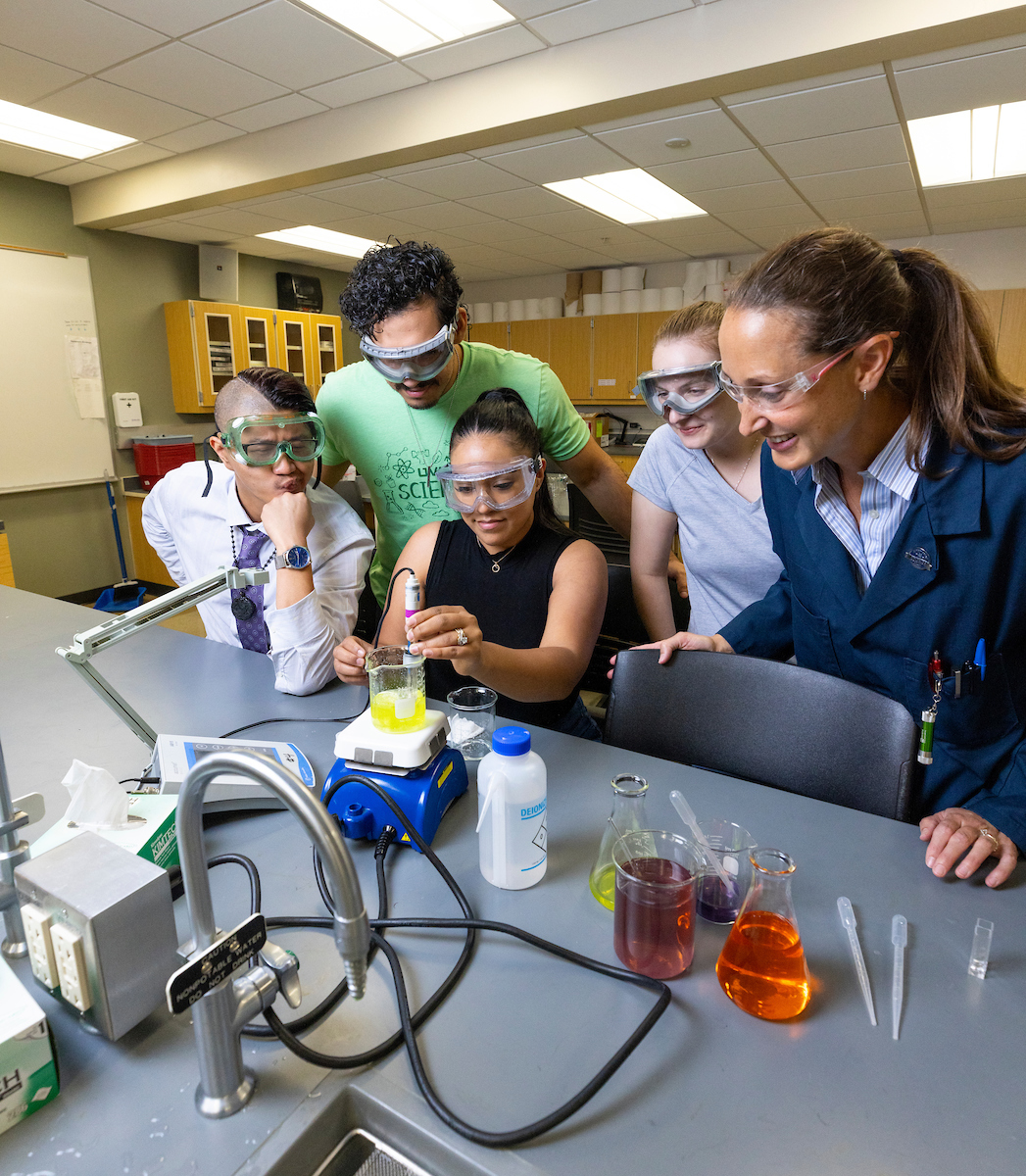Research confirms that students academic performance increases considerably when faculty mentor undergraduate students. This relationship maximizes student's ability to engage in quality, independent, and rigorous research. Mentoring includes:
It is also important that faculty to connect with other faculty so they can be assisted and supported in their research. SCULPT, offers many ways for faculty to engage with other faculty members, including:
A Learning Circle is a small faculty community that meets regularly (roughly every other week) during a semester to deepen and enhance their understanding of best practices and key ideas for applying inquiry-based learning and other high-impact practices in their courses. The regular discussions center on ideas from a resource, such as a book or readings, and draw on the experience of faculty who are part of the community.
Mentoring students in undergraduate research, scholarly inquiry, or creative activities is a complex endeavor. The Mentoring Academy is a collaborative workshop where faculty come to discuss best practices in mentoring student scholarly work and customizing those practices to their own discipline and fields of interest.
SCULPT seeks to promote faculty networking in teams on “big questions” or ideas that can drive multiple ongoing scholarly projects across time. The advantage of this approach is several: a) it enables multiple faculty to work together to supervise a potentially larger group of students working on several projects, thus increasing impact without additional time investment and b) as collaborative launch and start projects, they can build student teams that exist over time where advanced students recruit and mentor new students into the projects in ways that dramatically enhance student learning and connection while not increasing faculty burden. Current collaborates are Autism Spectrum, Behavioral and Cognitive Neuroscience, Student Metacognition and Resistance to Learning, and Community Survey.
In order to promote the formation of new SCULPT collaborates and to encourage students to use existing resources as they consider potential mentors for their scholarly work and creative activities, we encourage all members of SCULPT and all faculty to participate in the Fulton Library’s Scholars’ Open Archive program that uses software called Selected Works. By putting in examples of our work with key words, students can more easily identify a mentor who could help them get started on their own project.
For more information, visit the faculty page on the SCULPT site.


UVU has a variety of journals that are available for faculty and students to publish their work in order to:
All projects that have an Intellectual Property component will be governed by UVU IP Policy 136. UVU owns all IP created through these grants as such financial support constitutes
a significant use of UVU resources. If a creator wishes to bring their own prior IP
into a project, a contract between UVU and the creator must be entered into prior
to beginning the project, the contract including a description of the prior IP, ownership
rights and licenses, and any revenue sharing. The creator must take the initiative
in completing this contract prior to beginning any project. If such contract is not
completed, and the creator receives funding for the project, UVU will have full ownership
of the IP in the resulting work.